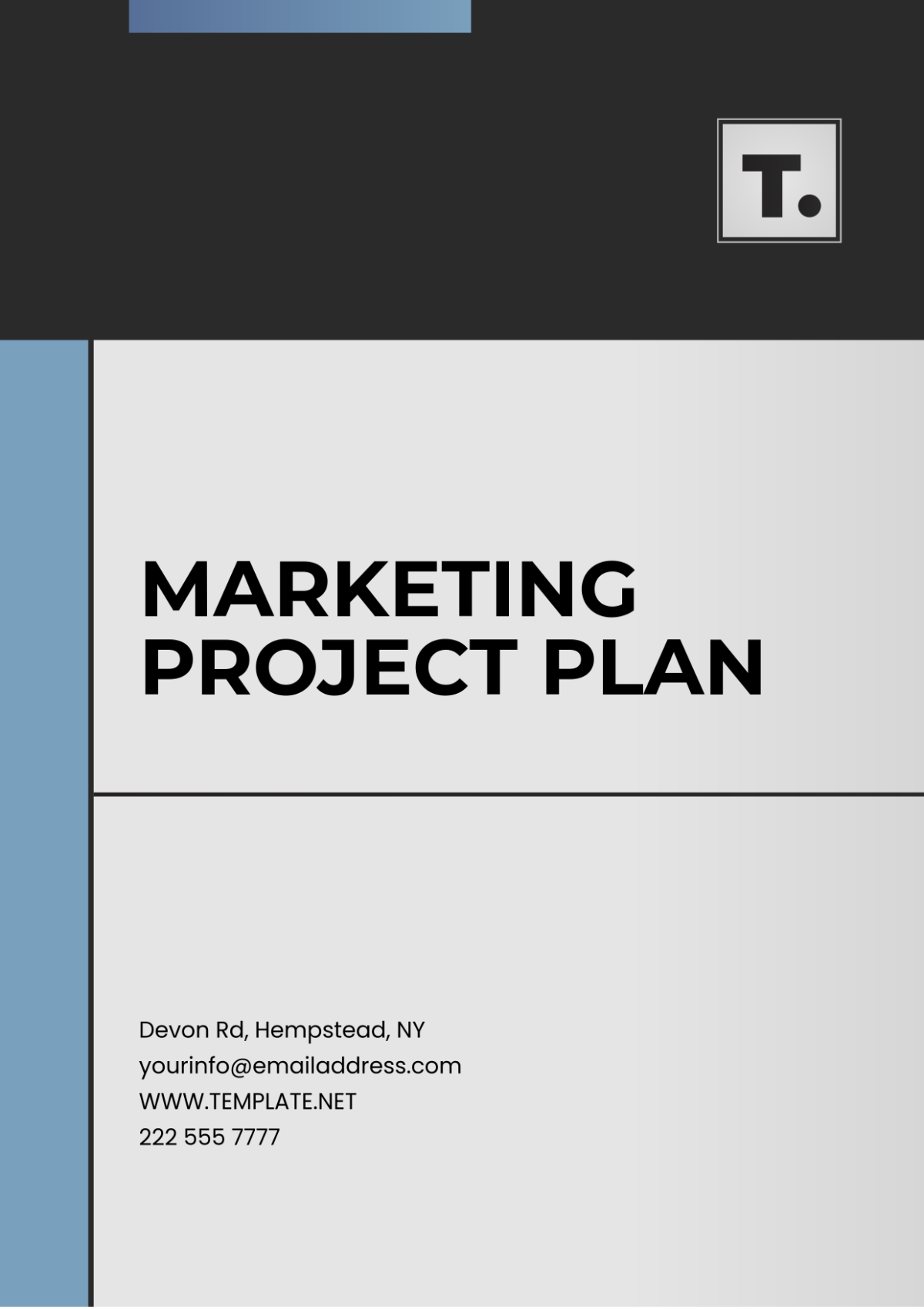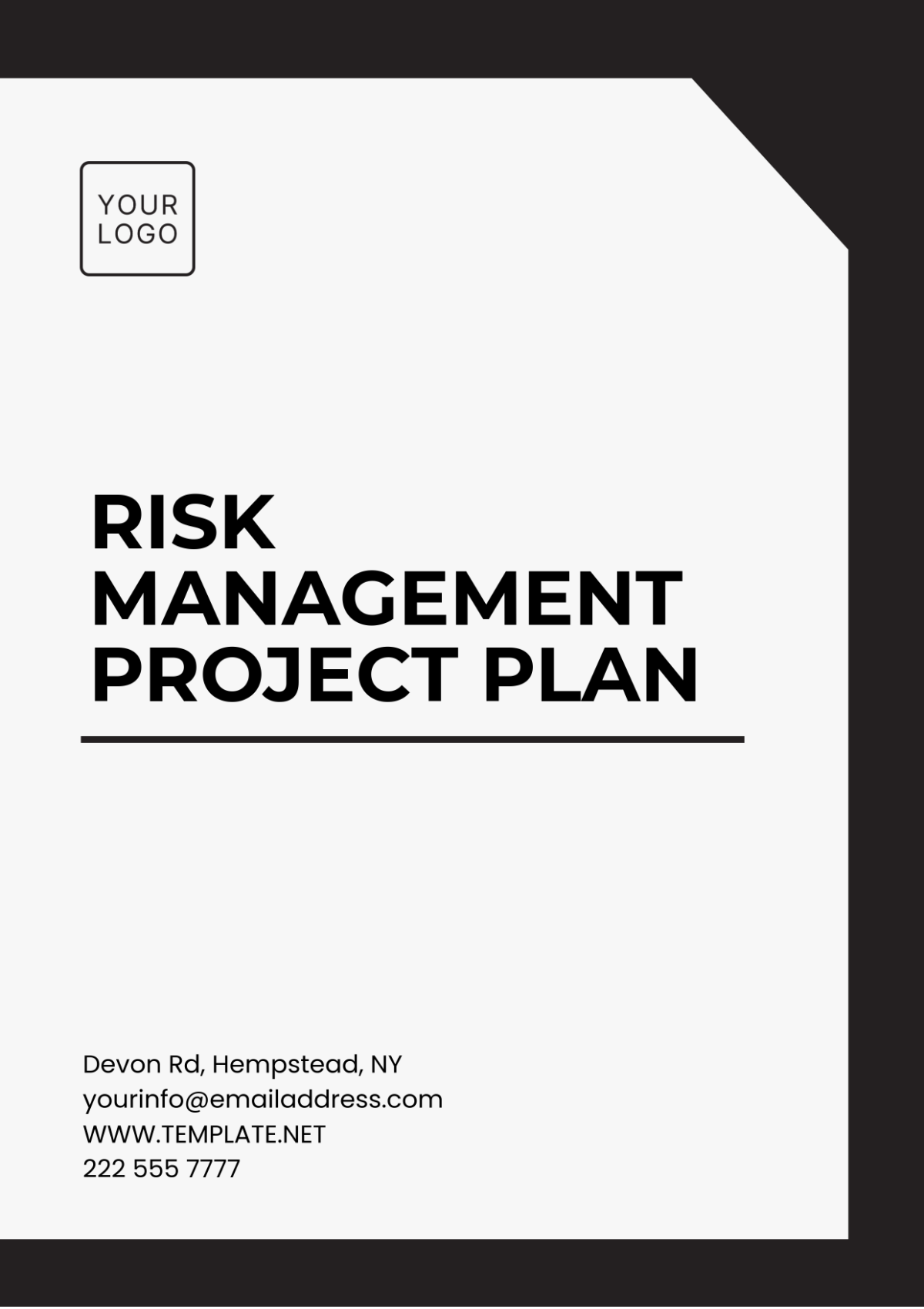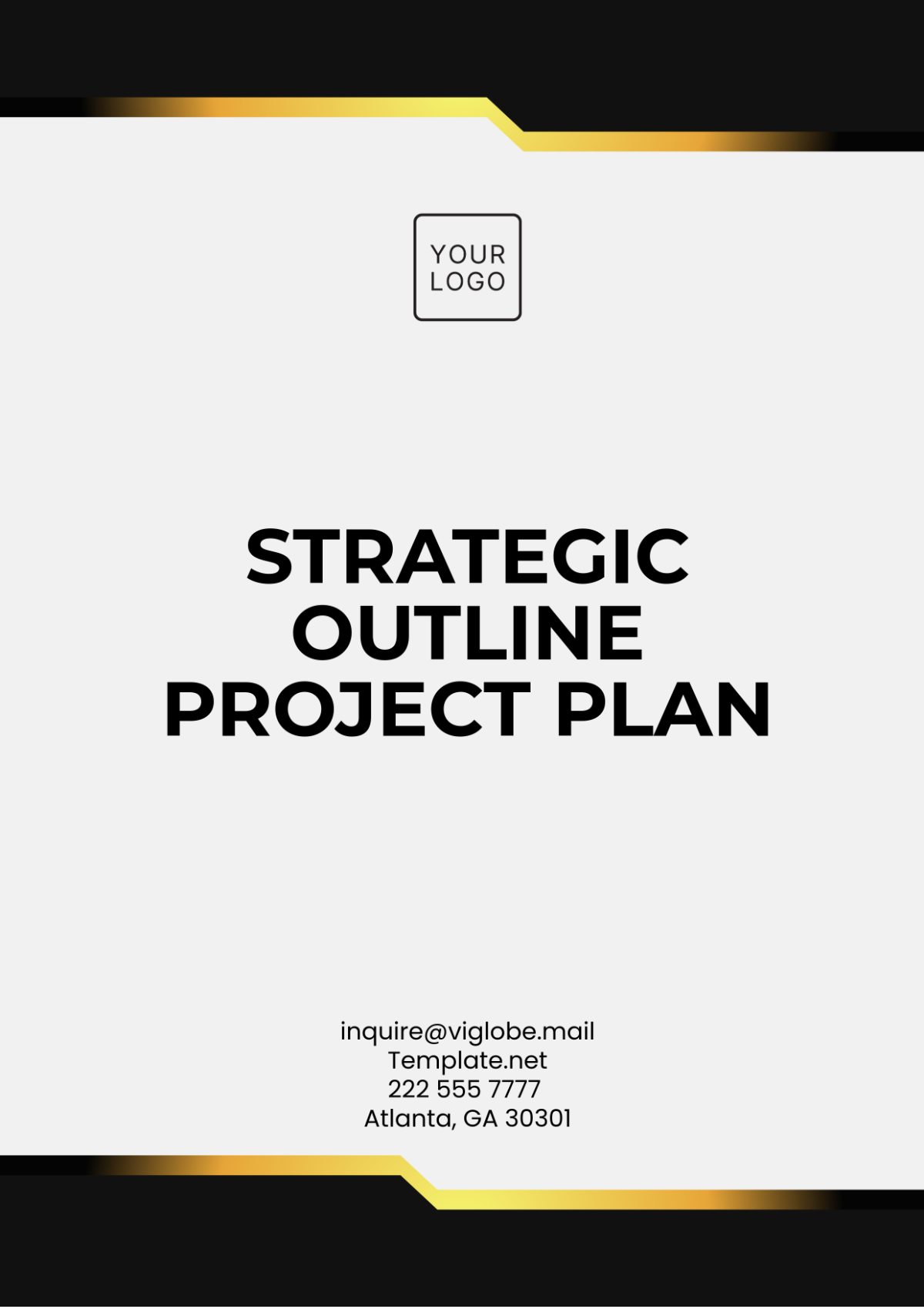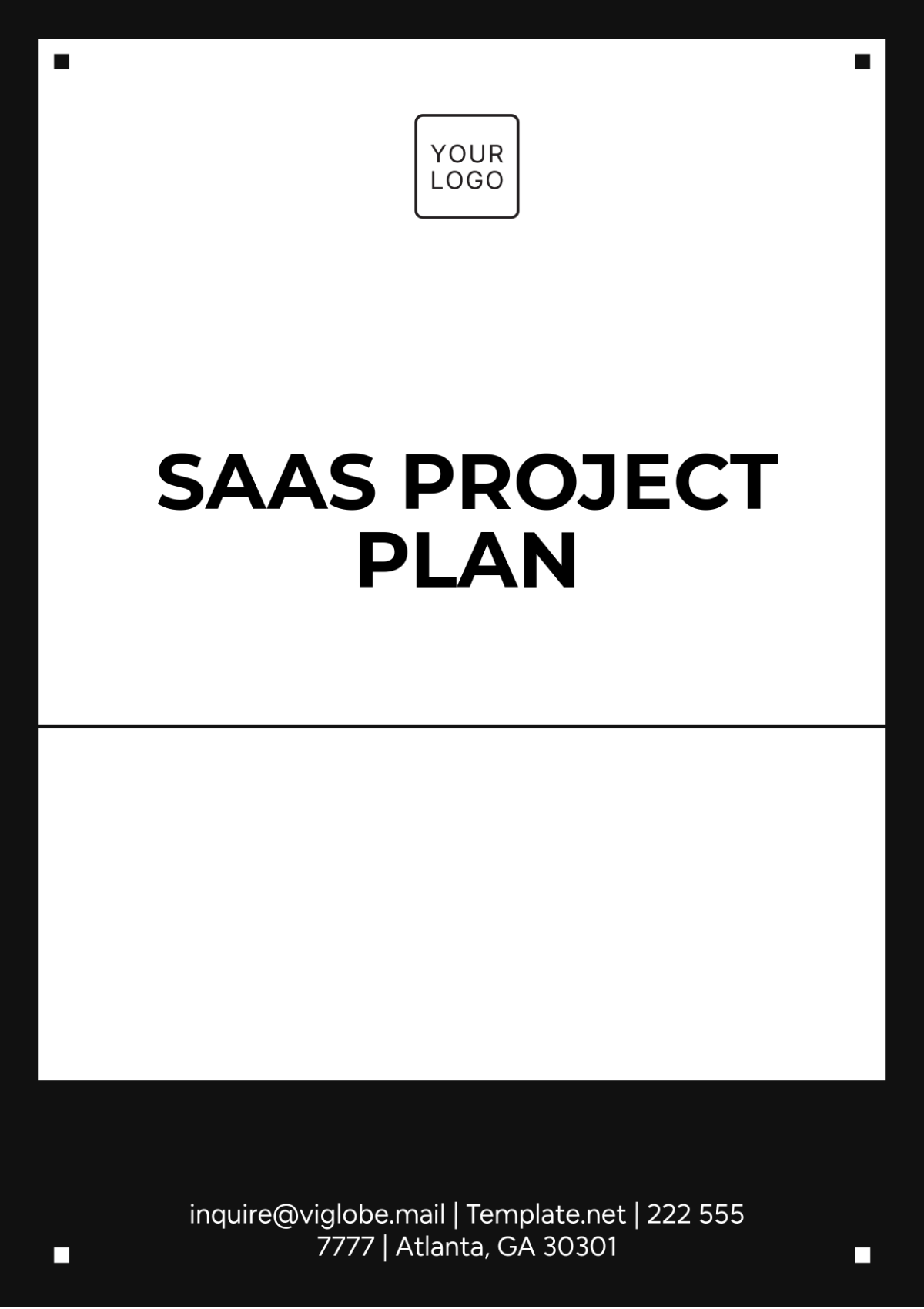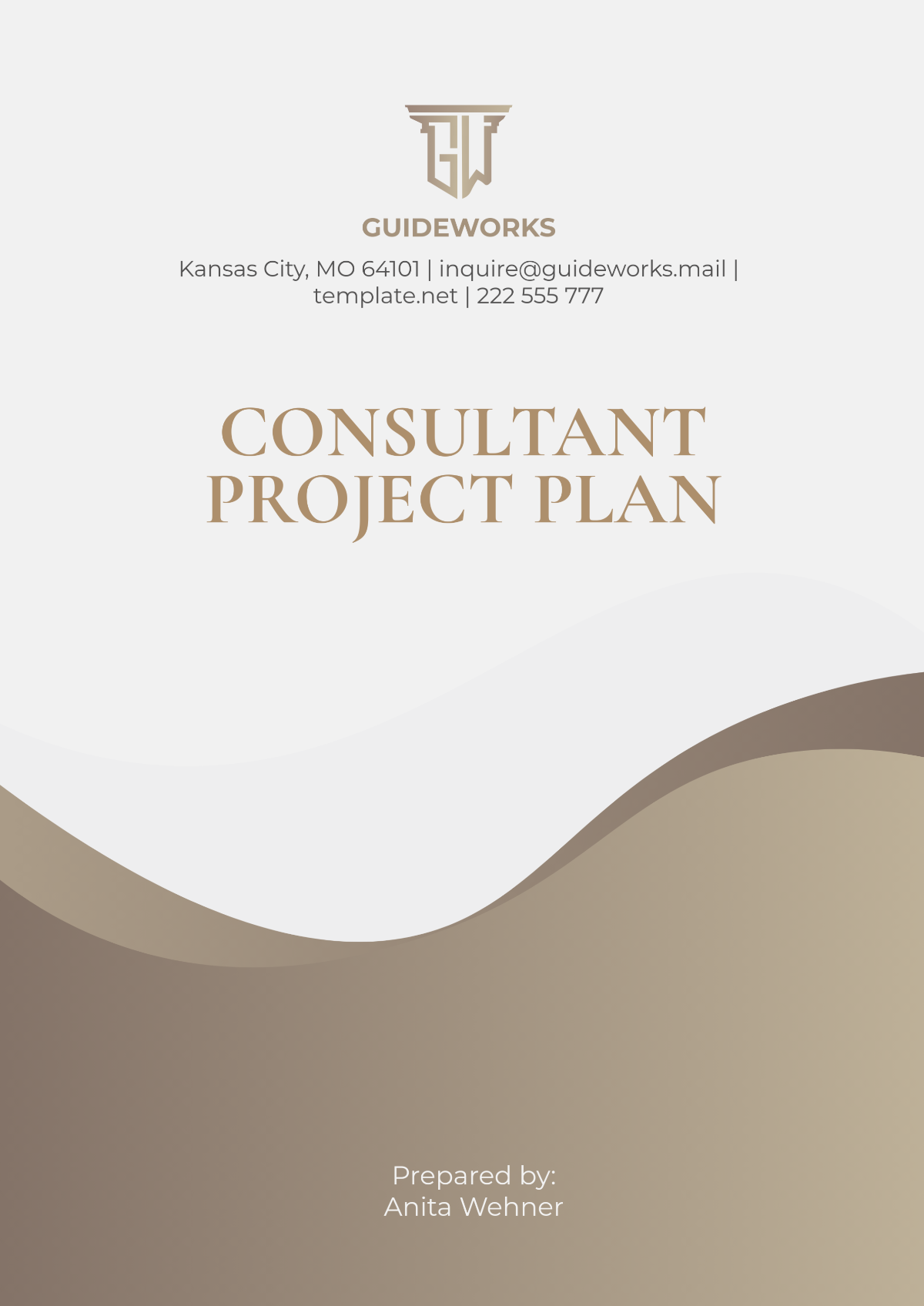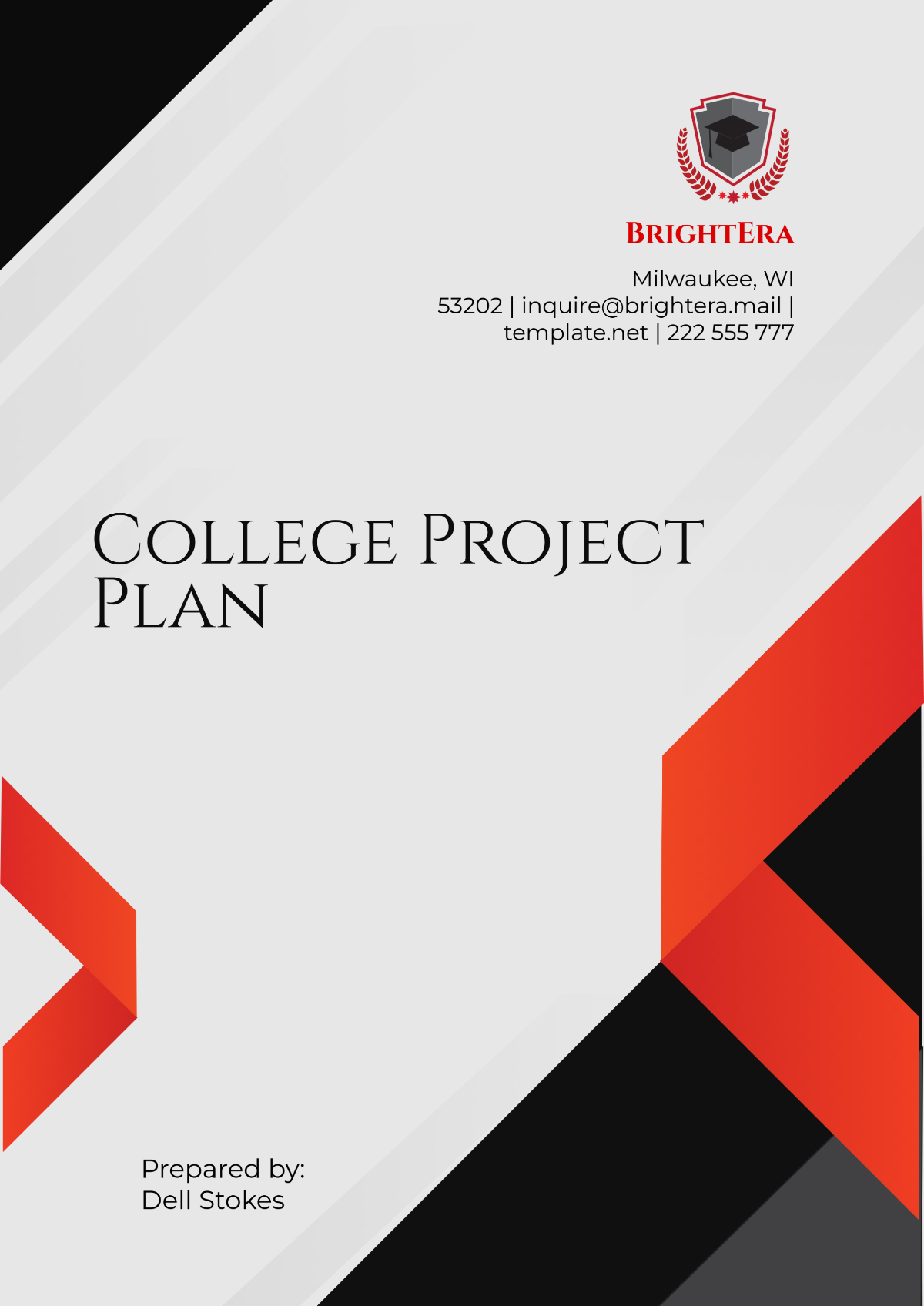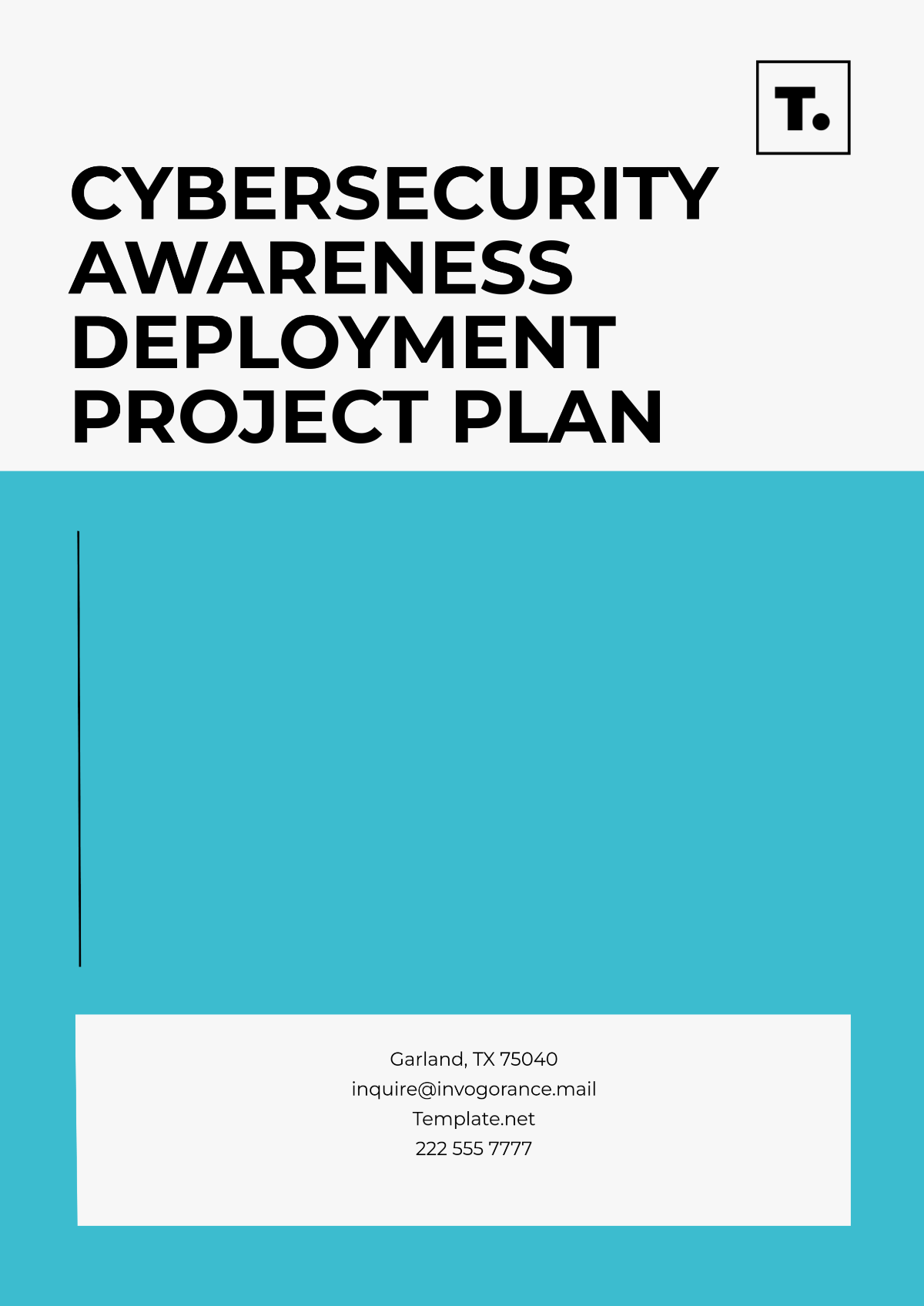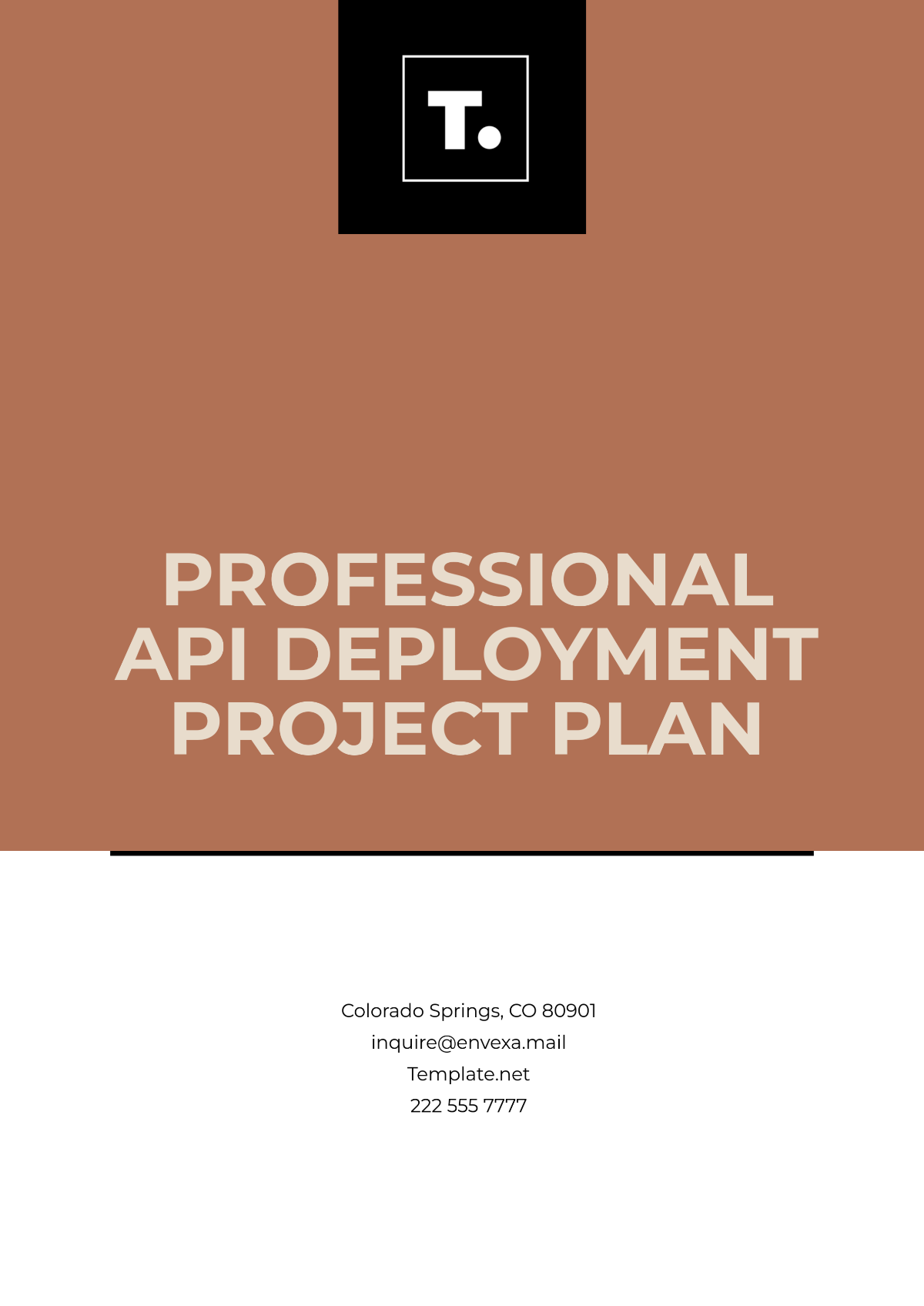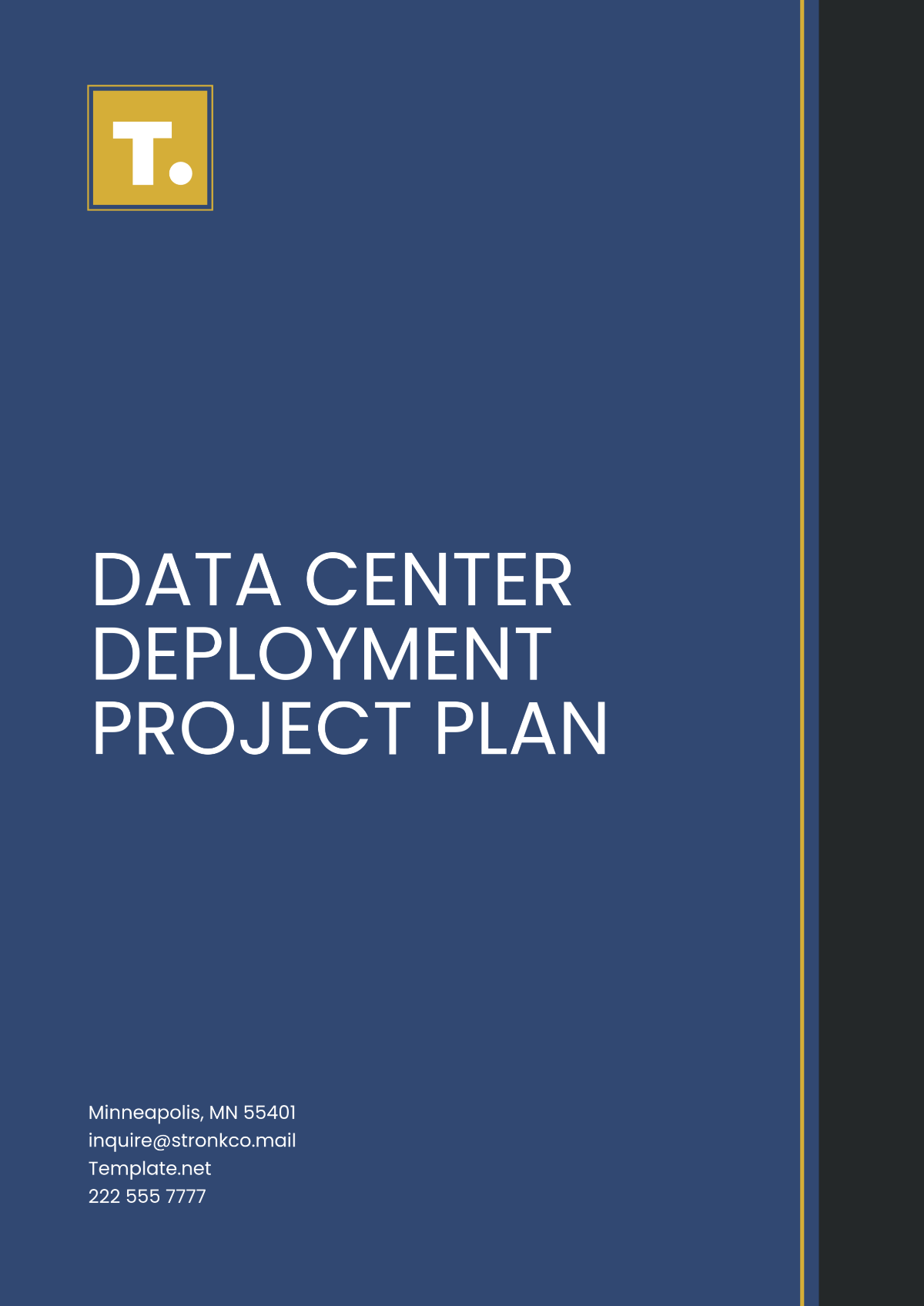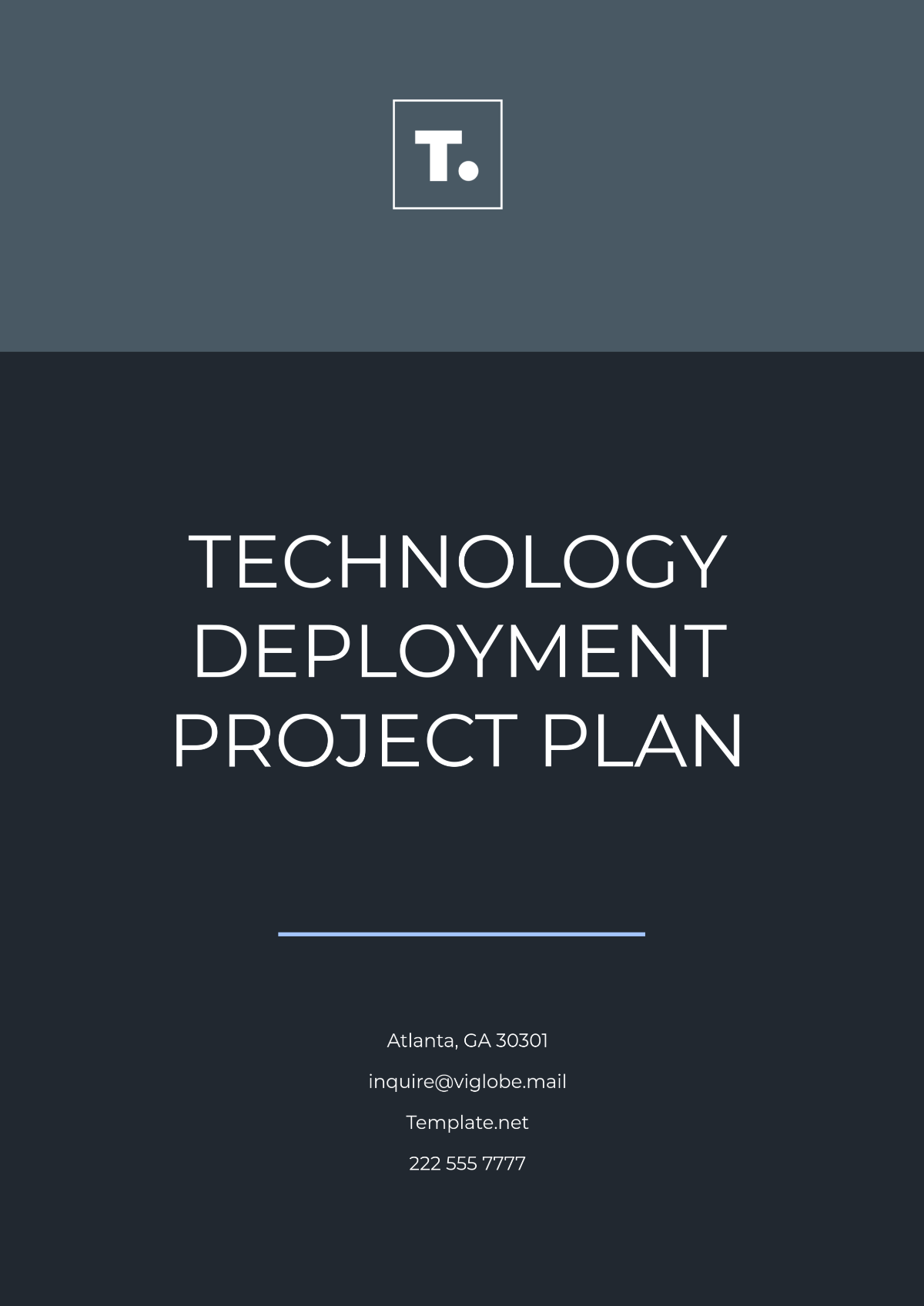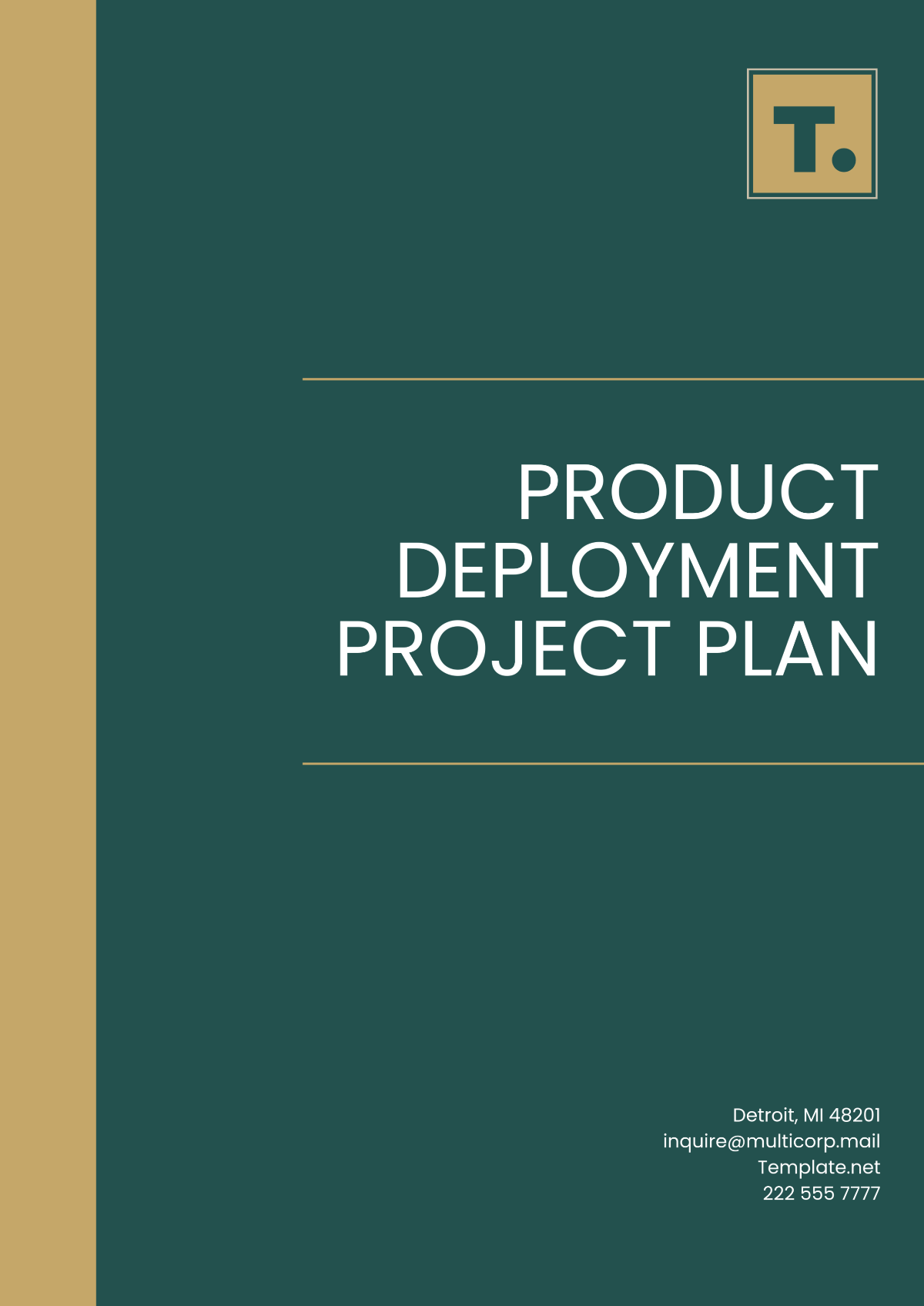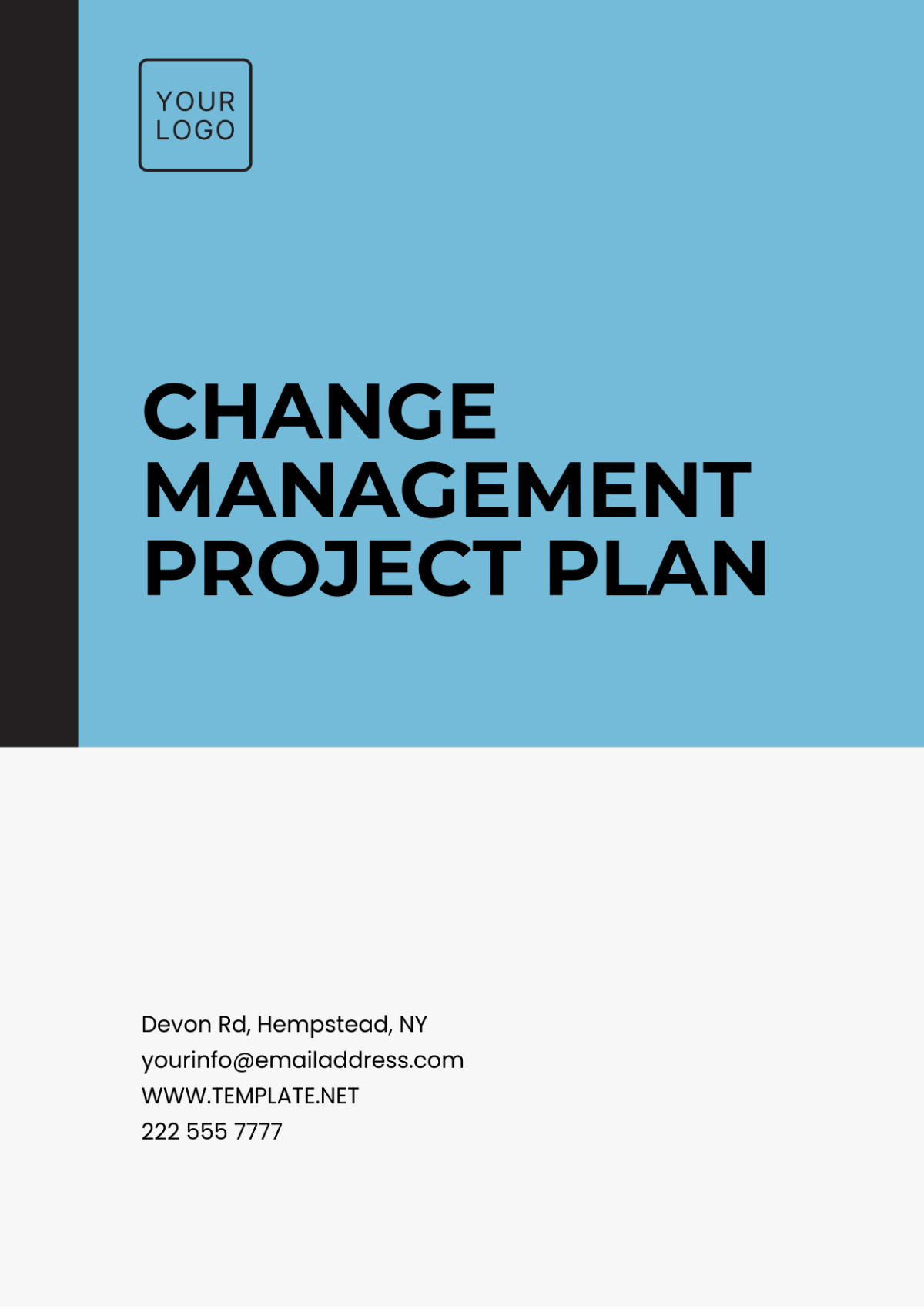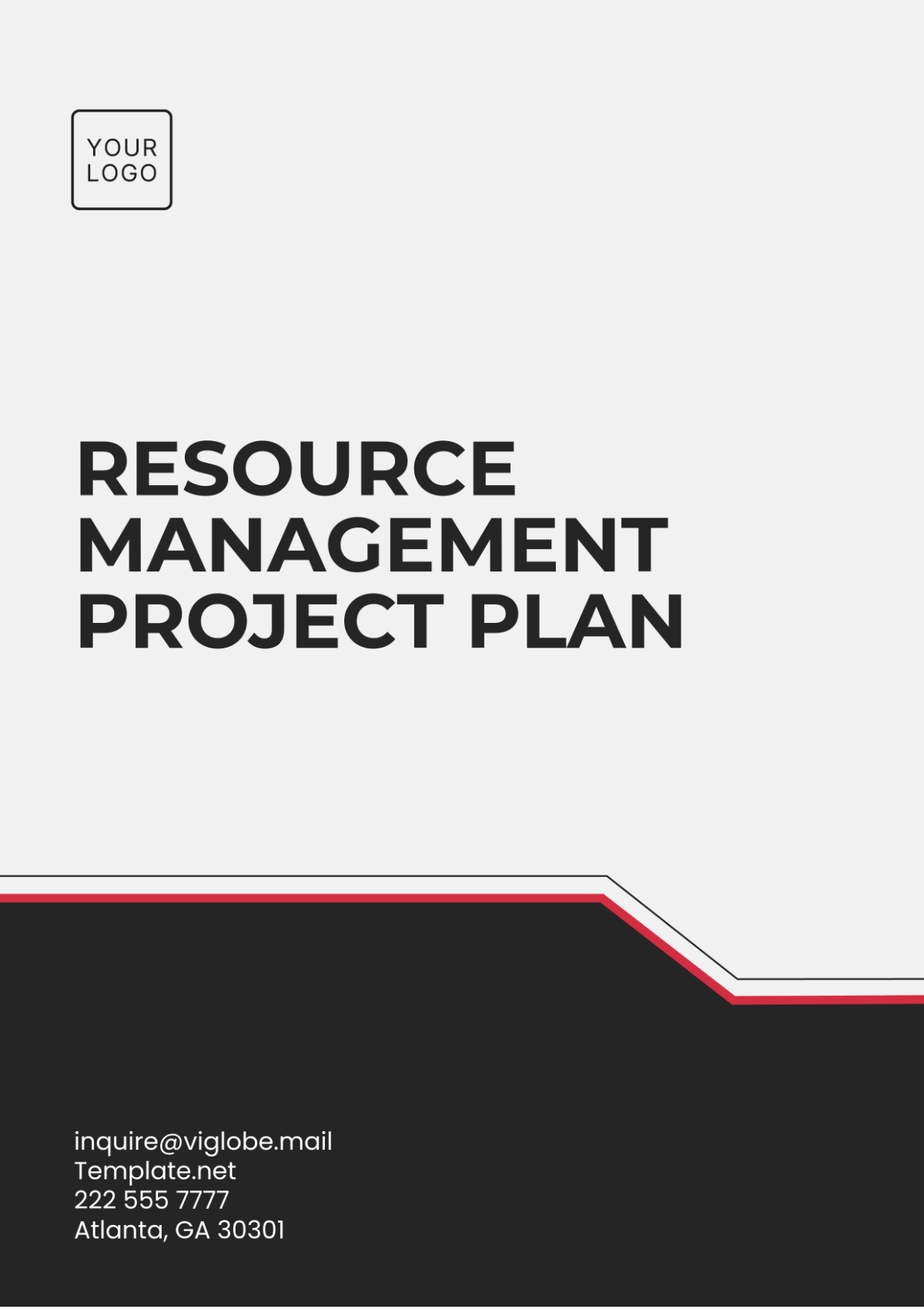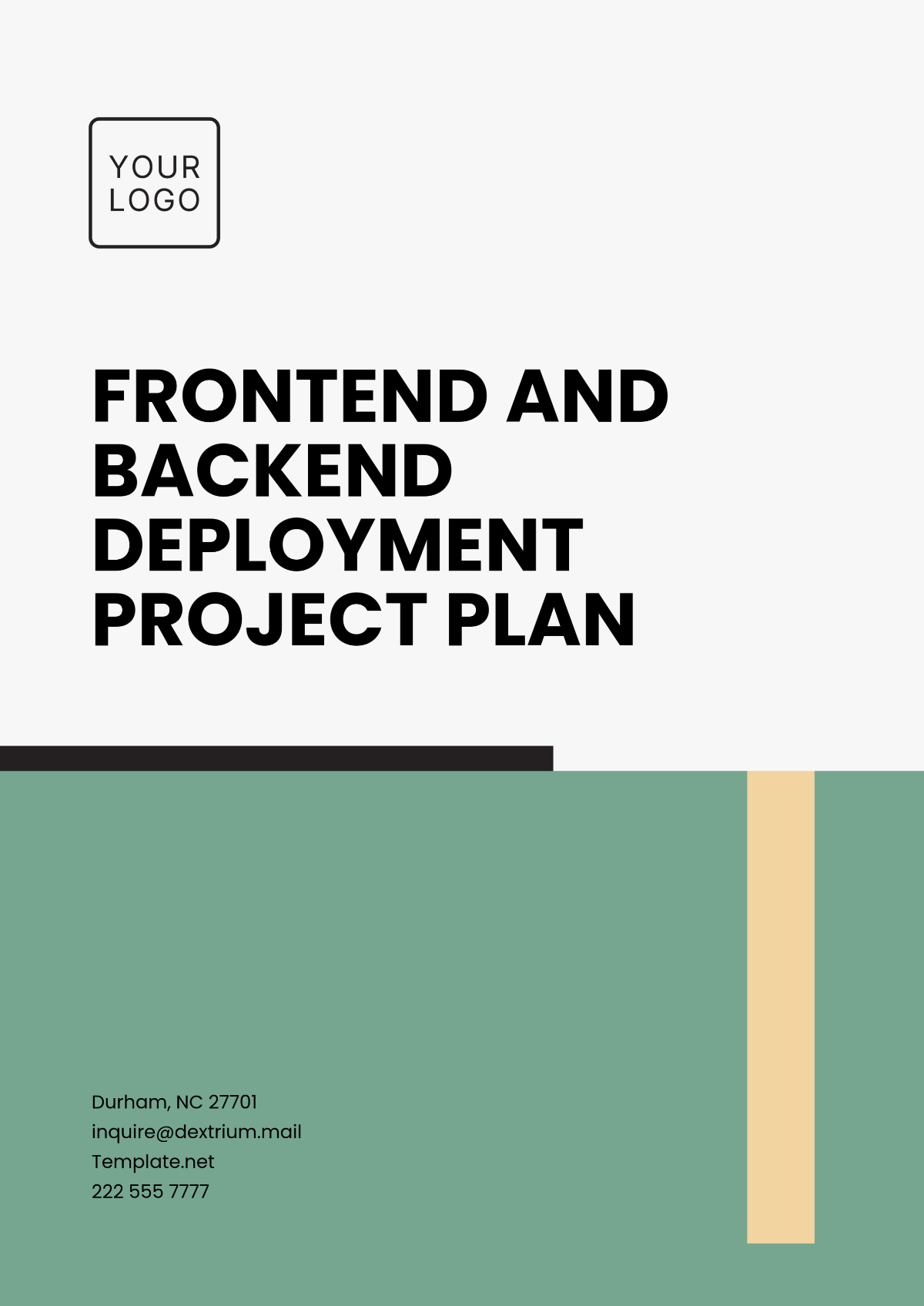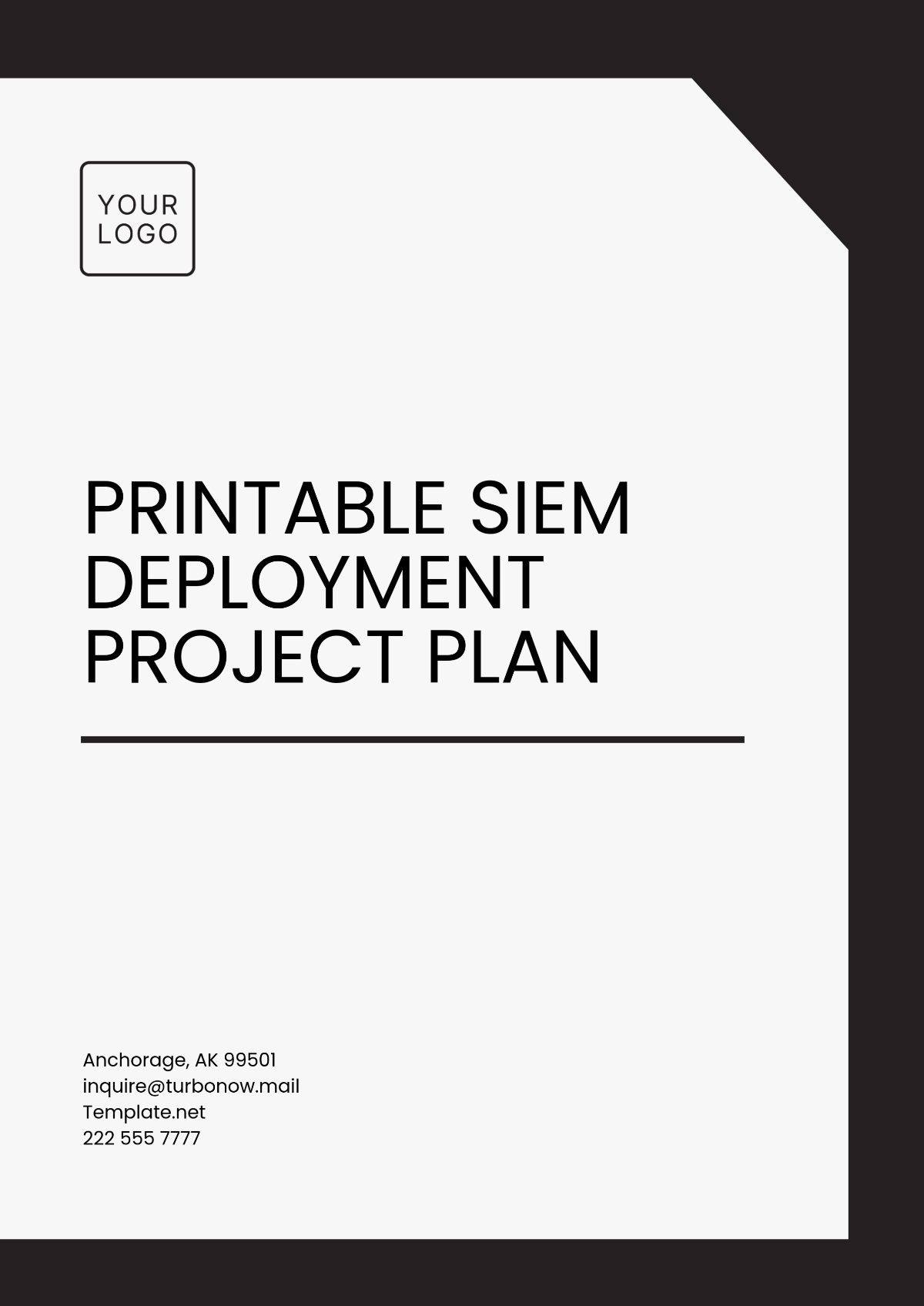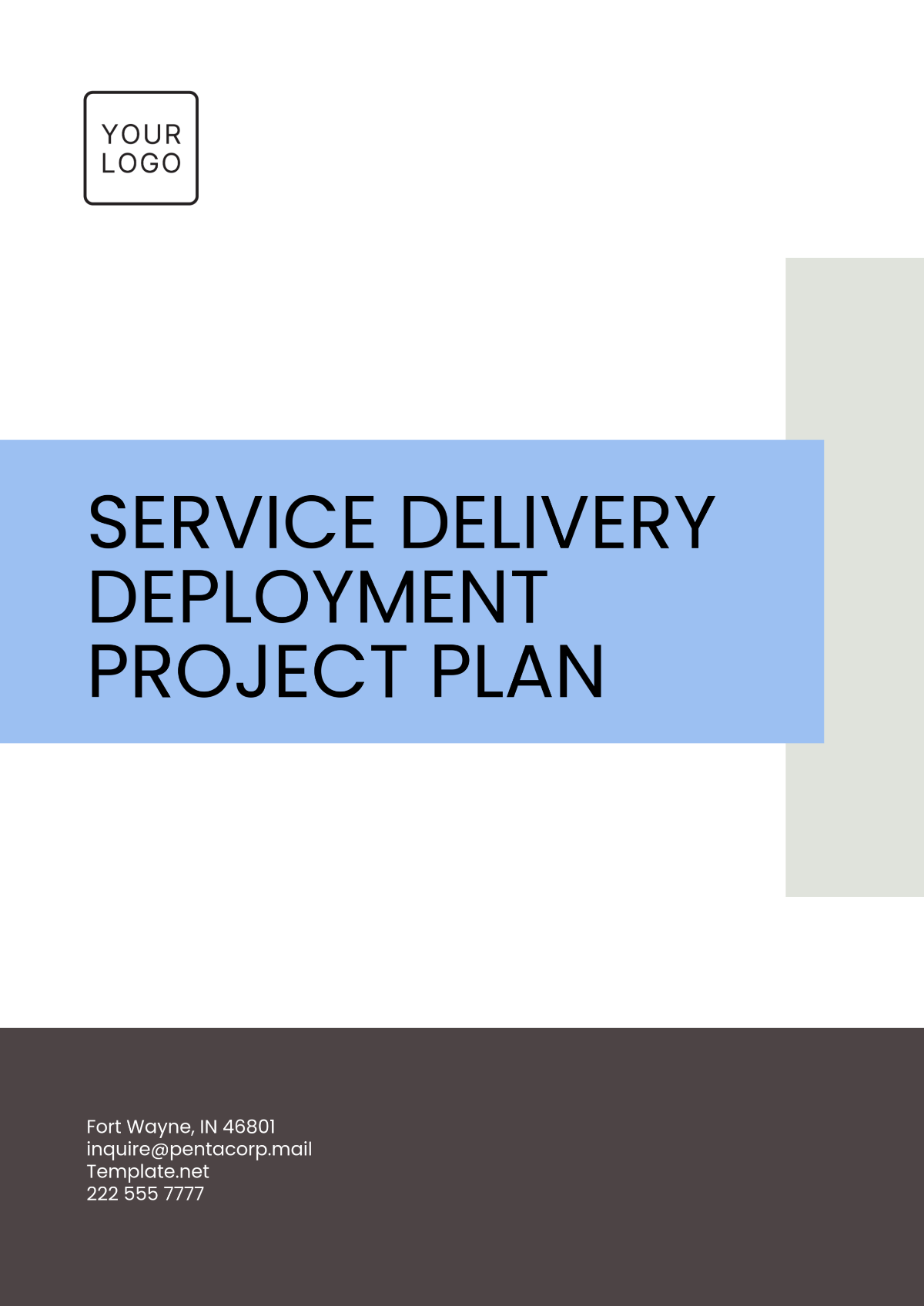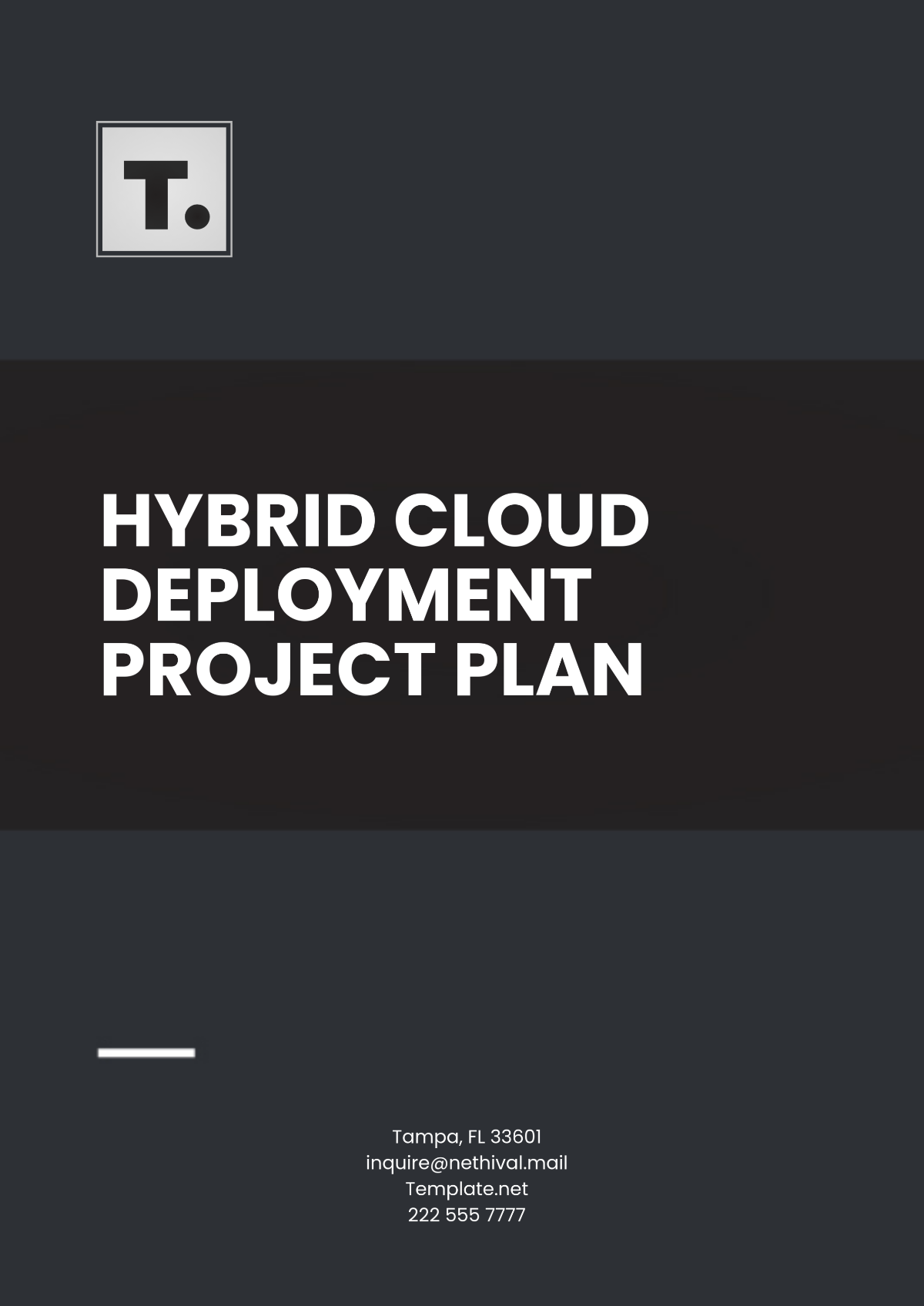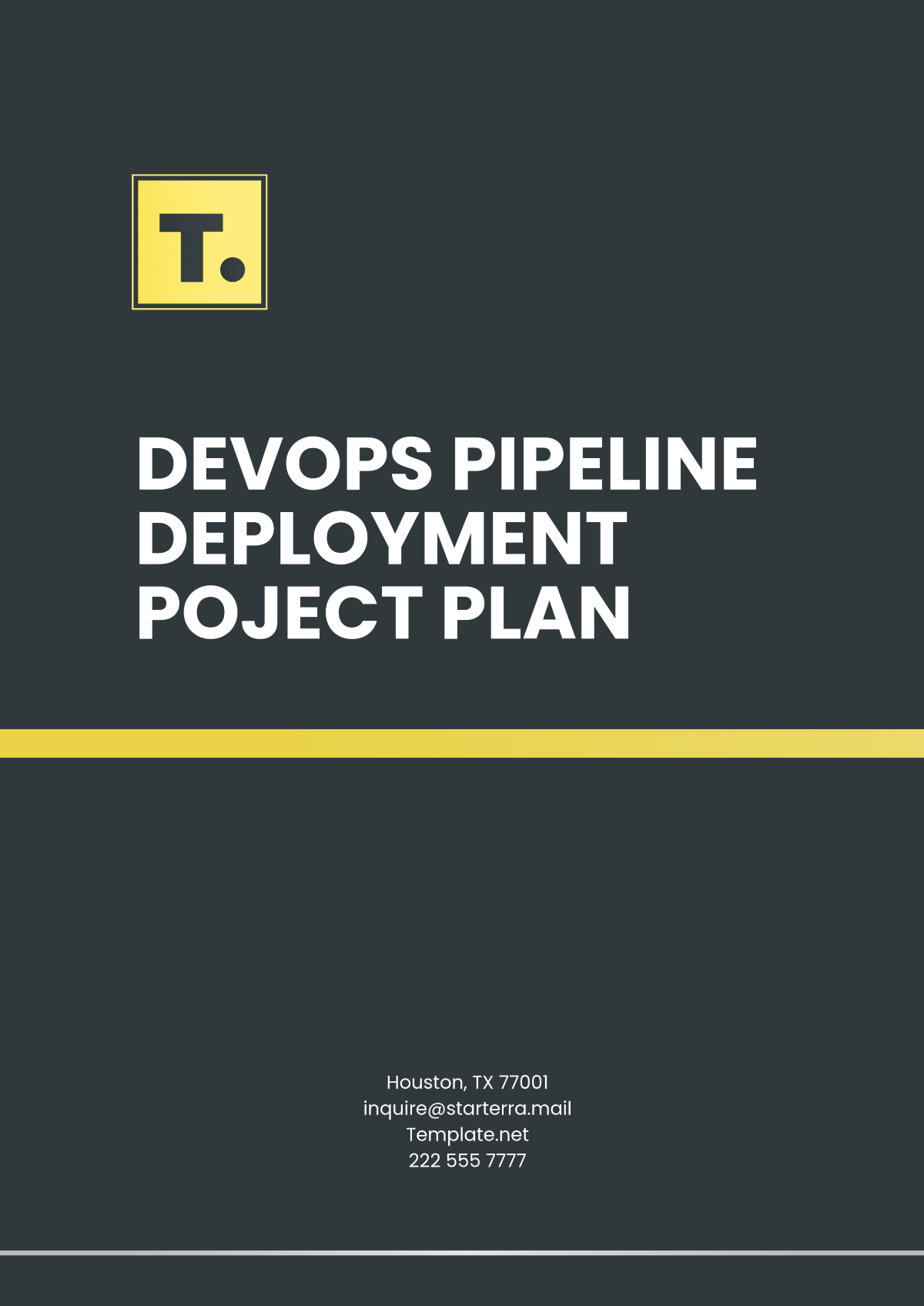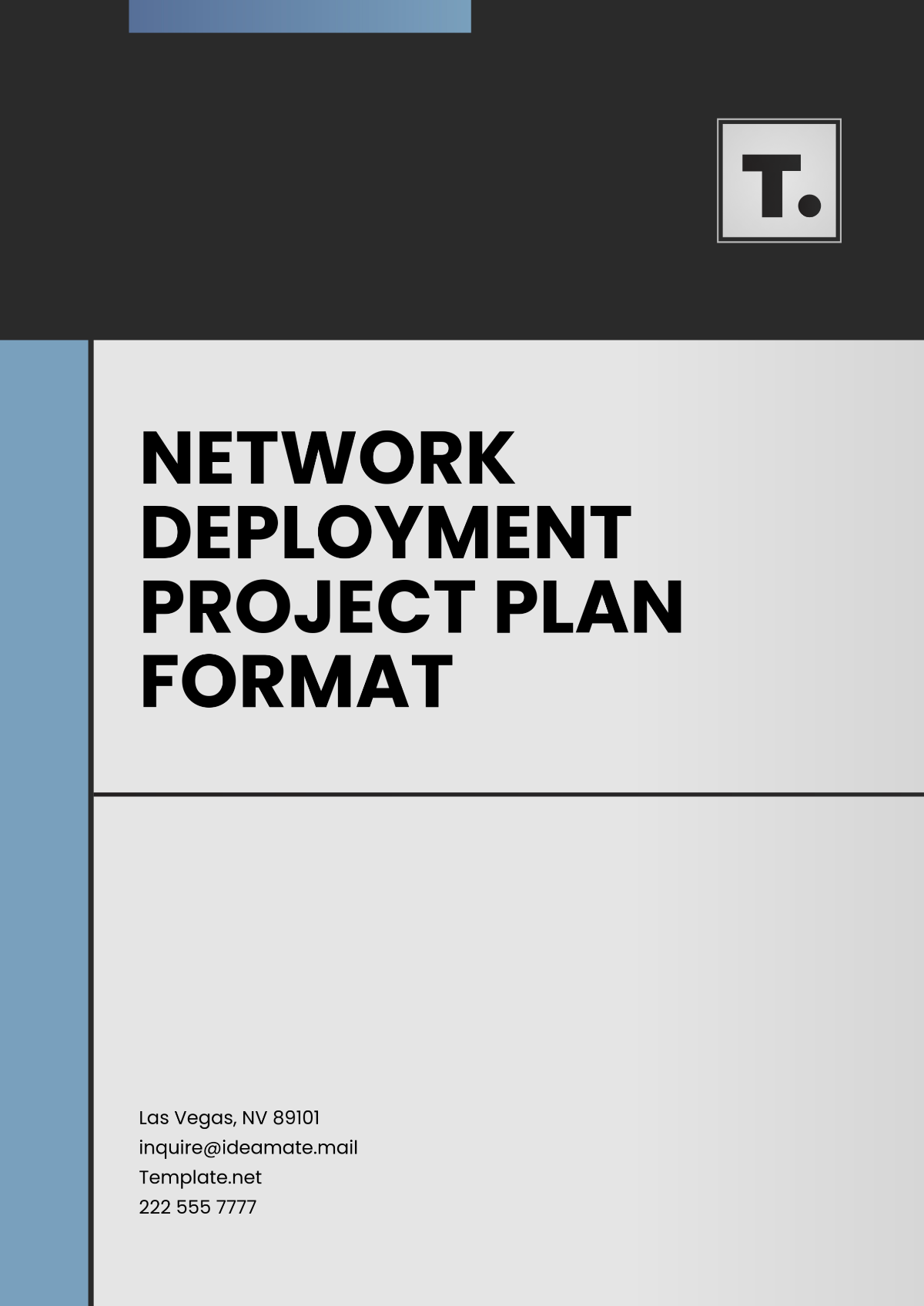Business Continuity Management Project Plan
Prepared by: [Your Name]
Date: January 2080
I. Executive Summary
This Business Continuity Management (BCM) Project Plan aims to ensure that [Your Company Name] maintains its critical operations in the event of unexpected disruptions. The project will establish a comprehensive BCM framework, develop continuity plans for key business functions, and implement recovery strategies to minimize downtime. To enhance operational resilience, this project will help the organization recover quickly and effectively from emergencies such as natural disasters, cyberattacks, or operational failures.
II. Project Objectives
The primary objectives of this BCM project are:
Develop and implement a comprehensive Business Continuity Management program for all critical business functions.
Identify and assess potential risks and vulnerabilities that could disrupt operations.
Establish business continuity and disaster recovery plans that include procedures for data backup, system restoration, and communication during a crisis.
Train key personnel in BCM procedures and conduct regular tests and simulations.
Ensure that the BCM framework aligns with industry best practices and regulatory requirements.
Ensure [Your Company Name] can resume critical operations within a defined Recovery Time Objective (RTO).
III. Scope of the Project
The scope of this project includes the following:
Business Function Analysis: Identification of critical business functions and their dependencies.
Risk Assessment: A detailed analysis of internal and external risks that could impact operations.
Business Continuity Plan Development: Creation of plans for recovery, including IT, human resources, finance, and operations.
Resource Allocation: Identification and allocation of resources required for plan implementation, including personnel, technology, and financial resources.
Training & Testing: Organizing training programs and conducting simulation exercises to test the effectiveness of the BCM plans.
Ongoing Monitoring and Maintenance: Establishing a system for ongoing assessment and improvement of the BCM framework.
IV. Project Deliverables
Business Continuity Plans for key departments, including detailed recovery strategies and action plans.
Risk Assessment Reports outlining potential threats and the organization’s vulnerability.
Training Materials for staff, including manuals and guidelines for implementing the continuity plans.
Testing and Simulation Results from BCM drills to assess the readiness of the response teams and operational continuity.
BCM Framework Documentation to standardize [Your Company Name]’s approach to business continuity and ensure regulatory compliance.
Post-Implementation Review Report to evaluate the effectiveness of the BCM plan and identify areas for improvement.
V. Project Timeline
Phase | Start Date | End Date | Duration |
|---|---|---|---|
Phase 1: Planning & Risk Assessment | 01/01/2080 | 31/03/2080 | 3 months |
Phase 2: Development of Continuity Plans | 01/04/2080 | 30/06/2080 | 3 months |
Phase 3: Resource Allocation & Training | 01/07/2080 | 30/09/2080 | 3 months |
Phase 4: Testing & Simulation | 01/10/2080 | 31/12/2080 | 3 months |
Phase 5: Final Evaluation & Implementation | 01/01/2081 | 31/03/2081 | 3 months |
VI. Resources Required
Personnel:
Project Manager: Responsible for overseeing the entire project.
BCM Consultants: Experts in business continuity and risk management.
IT Team: To handle technical infrastructure, data recovery, and IT systems.
HR & Operations Team: To develop continuity plans for human resources and operational activities.
Technology & Tools:
Backup Systems: Cloud storage and physical backup solutions.
BCM Software: Tools for risk assessment, plan documentation, and testing simulations.
Communication Tools: Systems for maintaining communication during disruptions.
Budget Allocation:
Software and Tools: $50,000 for BCM software and backup systems.
Training and Workshops: $30,000 for developing and conducting training sessions for key staff.
Consulting Fees: $40,000 for BCM consultants and subject matter experts.
Contingency Fund: $10,000 set aside for unforeseen costs.
VII. Risk Management
Risk Identification:
Natural Disasters: Earthquakes, floods, and other disasters disrupting operations.
Cybersecurity Threats: Data breaches, ransomware attacks, and system failures.
Supply Chain Interruptions: Delays or disruptions from suppliers or logistics providers.
Human Resource Challenges: Key personnel are unavailable due to health or safety concerns.
Risk Mitigation Strategies:
Risk Assessment: Continuous evaluation of potential risks and their impact.
Data Security Measures: Strengthening cybersecurity protocols and conducting regular audits.
Diversified Supply Chain: Developing alternative suppliers and backup logistics solutions.
Employee Cross-Training: Ensuring staff members are trained to handle multiple roles in case of staff shortages.
VIII. Budget
The total estimated budget for the BCM Project is $200,000, broken down as follows:
Consultancy Fees: $60,000
Technology & Tools: $50,000
Training & Simulation Exercises: $30,000
Project Management Costs: $20,000
Contingency Fund: $10,000
Miscellaneous Expenses: $30,000
Total Project Budget: $200,000
IX. Conclusion
The implementation of a robust Business Continuity Management plan is essential for [Your Company Name] to safeguard against unforeseen disruptions and ensure the continuity of critical operations. This project, spanning from January 2080 to March 2081, will address key risks, develop effective recovery strategies, and prepare personnel to respond swiftly during emergencies. Successful completion will enhance operational resilience and ensure that [Your Company Name] is better equipped to handle disruptions in the future.

